
Pozorišna 13, 75 000 Tuzla, Bosna i Hercegovina

Colossal fight for the rights
- Početna
- /
- Colossal fight for the rights
Tuzla's open Center, refuge for LGBTIQ persons, supported by local NGO's and Tuzla Municipality
Tuzla`s open center (TOC) exists for 5 years, and besides the one in the capital, it is the only formal LGBTIQ center in Bosnia and Hercegovina. Activists here fight for equal rights in society, guarantied by law to all citizens, but unfortunatelly LGBTIQ people often have problems excercising those rights. For that reason this group of young activists spend all their free time , day in and day out, fighting for their right to live, love, work, be hard and respected. Dajana Bakić, Dina Bajraktarević and Haris Begić are one of those who at times risk their safety pushing for a world where all people, regardless of their sexual orientation, gender identity and sex characteristics, are treated equaly.
Nowhere is it easy to be different
On some fronts there have been joyous victories and as the most meaningfull one they consider Center`s existance. Even tough they still don`t share their adrress in public, they are well connected with the community and represent a real refuge for those who need to be heard, comforted or empowered, which they often can not feel at home. Changing the narrative for young generations is the driving force of their motivation, so others wouldn`t have to go trough a painfull process of confusion and life within 4 walls.
Systematic support they receive from Tuzla municipality is surprisingly hopeful and first of a kind in history of the country. Being financially supported for their cultural activities and taking on roles in town`s „Youth advisory council“ and „Group for strategic development of Tuzla“ means a lot to them, because when the town „has their backs“ LGBTIQ people feel accepted. Moreon, police department in Tuzla does their job very correctly, claims Dajana, adding that some public events they organise are classified as „high risk“.
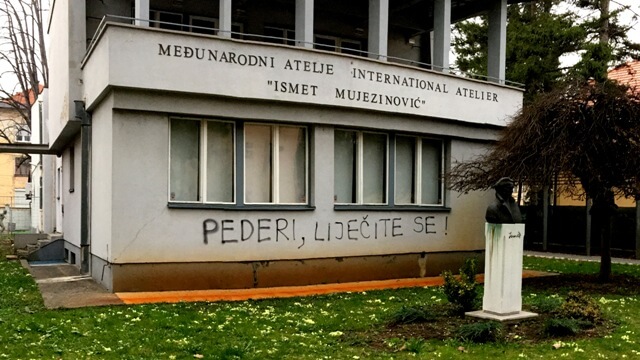
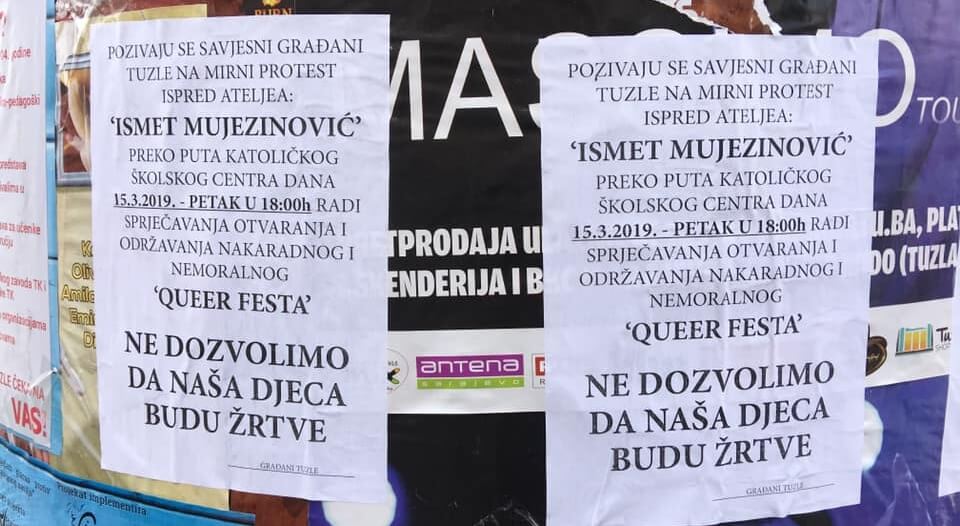
„Faggots cure yourself“
As matter of fact, whenever they organise a public event, first thing they have to think about is safety, says Dina. Haris feared for his safety the most last year during their fifth Queer festival „Merlinka“, when protesters shouted all kinds of derogatory comments and threats to citizens attending the festival. The protest was preceded by campaign on social networks and posters placed around the city calling citizens to `stop immorality`. Annonymous organizers vandalised UNESCO protected cultural monument Attelier „Ismet Mujezinović“ where festival was held, with graffiti „Faggots cure yourself“. Nevertheless, „Merlinka“ had most visitors that year, sending a strong message that courage always overcomes fear.
Dina understands part they have taken on for themselves to change things, as a way to assuage the lack of respect or acceptance that follows majority of LGBTIQ community troughout the life. Getting information about their identity, possibility to be heard and explore themselves reduces period of confusion, shame and time to become aware of who they are in order to eliminate stigma. That is their gift to people going trough similar phazes in life.
Safety code: mashroom pizza
LGBTIQ people in Bosnia still can not cosume their romantic relashionships in public and are constatntly bounded by fear. They fear both physical and verbal violence on daily basis during most basic everyday activities, explains Haris, while Dina adds that they sometimes invent safety codes. Fear is debilitating thing, so sometimes when their members find themselves in potentially dangerous situation they can share a safety code while talking on the phone saying „I really liket that mashroom pizza“. Such things impair the quality of life. Being forced to lead a double life in order to stay safe is selfdestructive. Education, as key for comprehensive change , is unfortunatelly failing this community in Bosnia, which is why importance of this Center is even bigger.
In tone of rising up against stigmatization and violence, first formal support for this center came from Tuzla Community Foundation (TCF), with a goal to help them strenghten their organisational capacity and be able to act independently. Even tough this support continued troughout the years, the Center is now empowered enough to get crucial help from many other organisations. At the moment TCF sponsors new project „Queer life stories“ that will feature personal experiences about coming out, childhoods, school times and work which will be published as a book. Activists say that people want their voices to be heard and their experiences to be shared under the veil of protected identity. It is a way to empower them and say that being „gay is okay“.
My freedom is your freedom
Dajana, who is director of the Center, sees this primarily as political activism, as she is involved in politics for 15 years. This is platform for her to give importance to the collective, yearning for society that will treat all it`s citizens equaly. She stresses that building solidarity empowers everybody. As for the legal framework, they create better precondition for big changes that will hopefully soon come, by changing public policies on local level. They already integrated LGBTIQ problems and needs vocalizing them in Youth strategy of Tuzla.
COVID-19 pandemic exacerbates existing problems young people face here, leaving them without chance to freely spend time in TOC supporting each other. Pride might have gone digital, but it`s activism is as vibrant as ever. These innovative and driven young people offered their community Queer caffe sessions and online art exibitions „Queer art in isolation“, so they would cheer up and help their most vulnerable members. Some of them live without support of their families and live with so called „invisible violence“. They don`t feel safe and accepted within their own 4 walls. The sad reality is that need for education on all levels is enourmous and members of this community face pervasive discrimination on daily basis.
Zadnje novosti
- Tuzla i Bijeljina povezane glasom mladih
- Novi razvojni projekat u tuzlanskoj Mjesnoj zajednici Kiseljak
- Poziv za dostavljanje ponuda – Edukacije u okviru projekta Zelene zajednice
- Uspješno okončana kampanja "Vraćamo zajednici" - Prikupljeno 260 hiljada KM
- Poziv mladima iz Tuzle i Bijeljine za prijavu za učešće u projektu „T2B Connected“
.jpg)
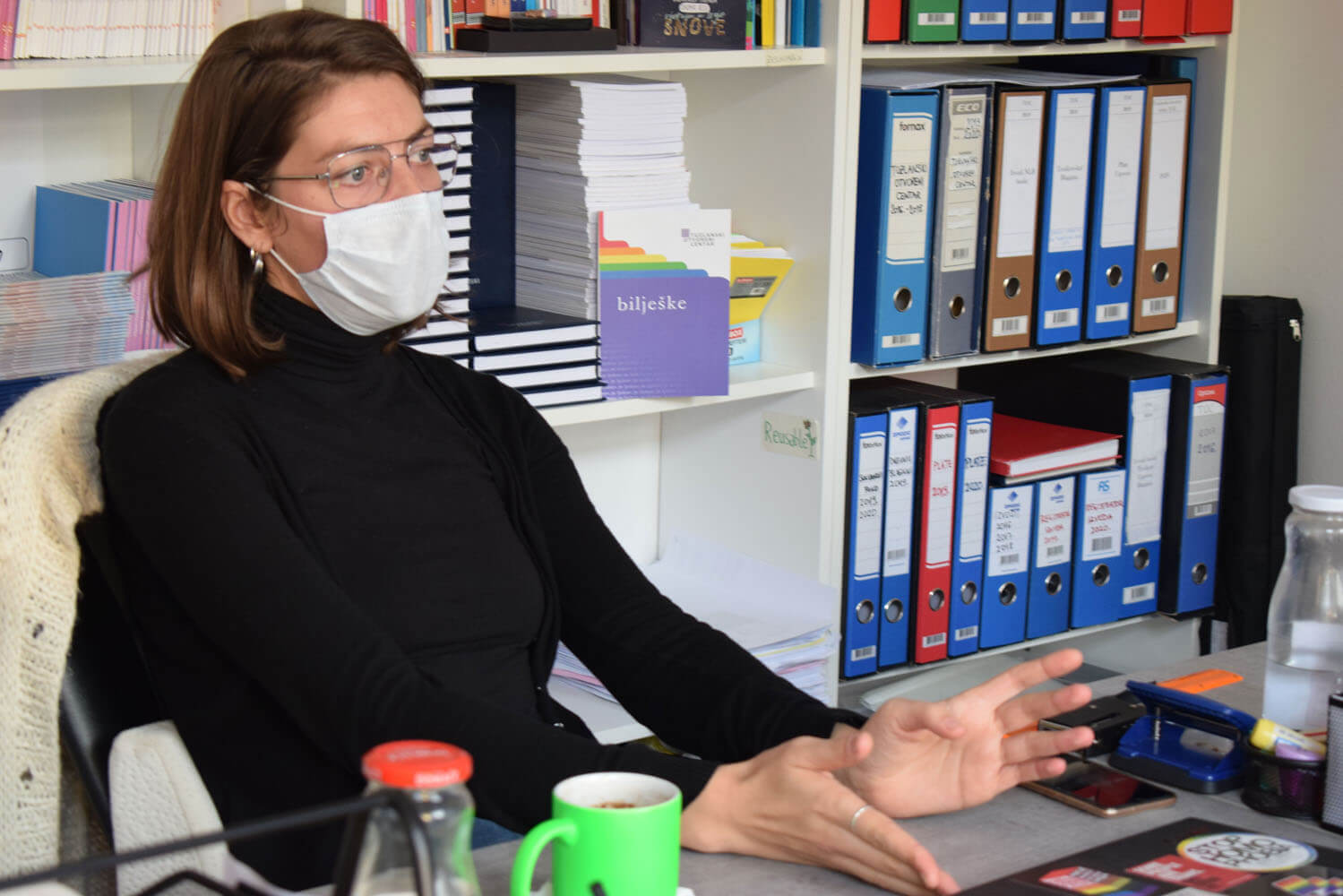
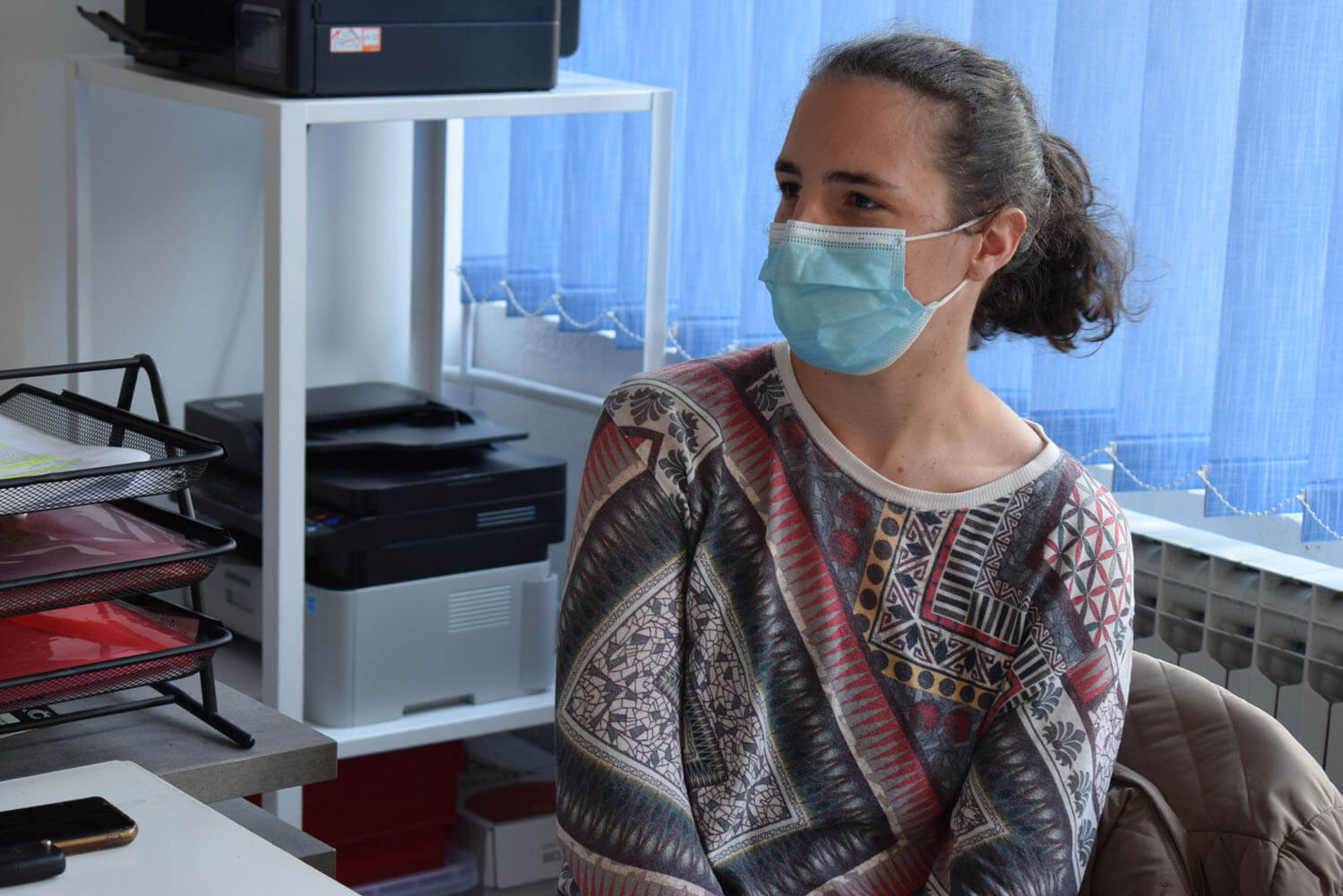
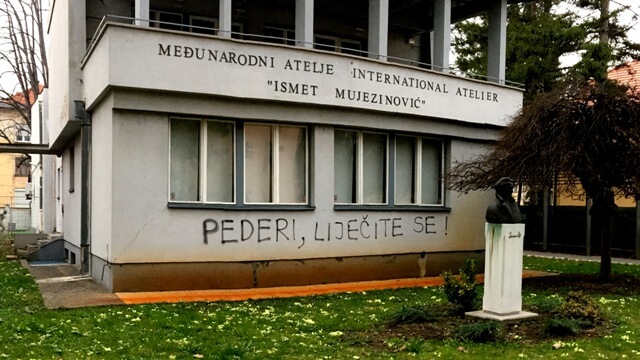
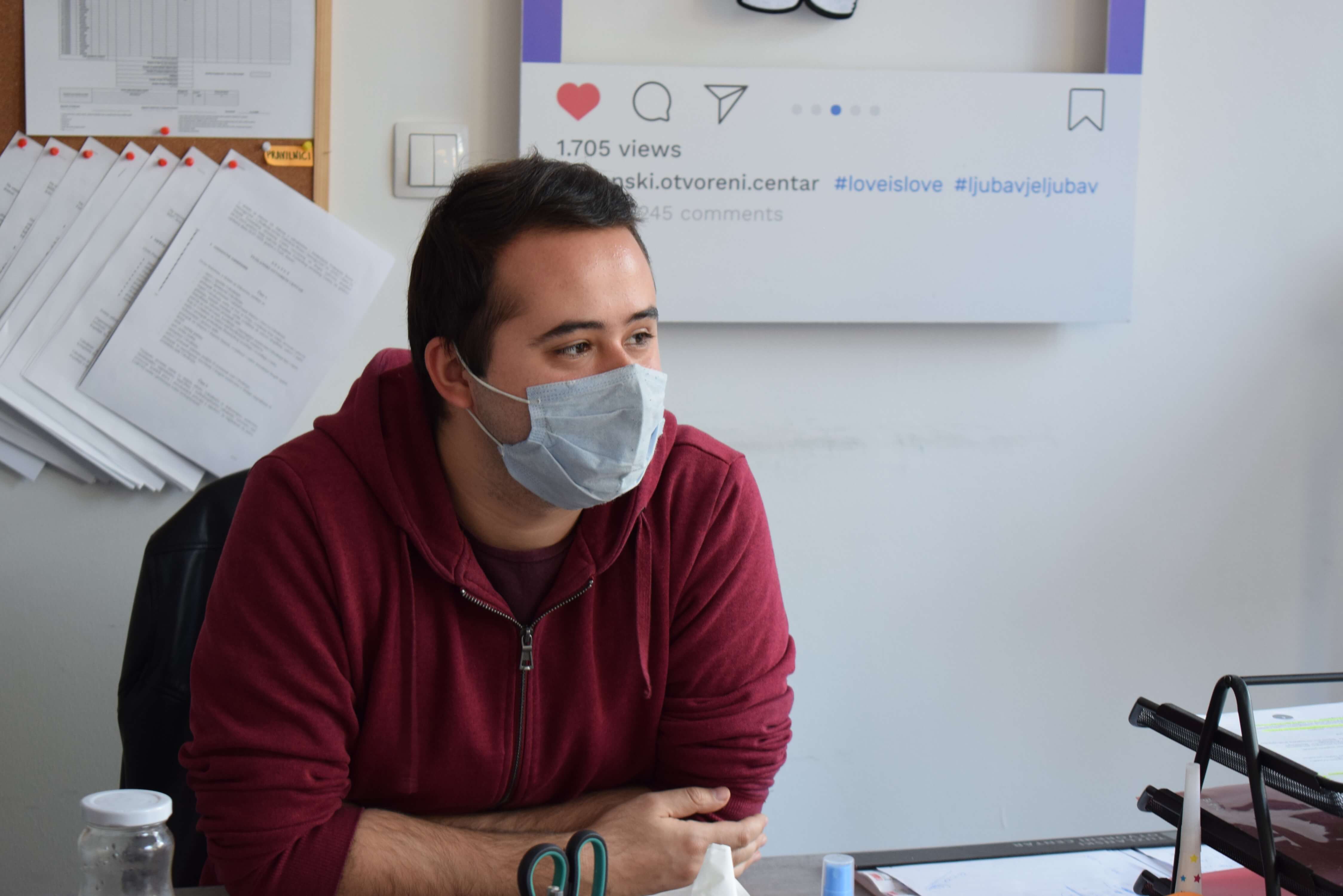
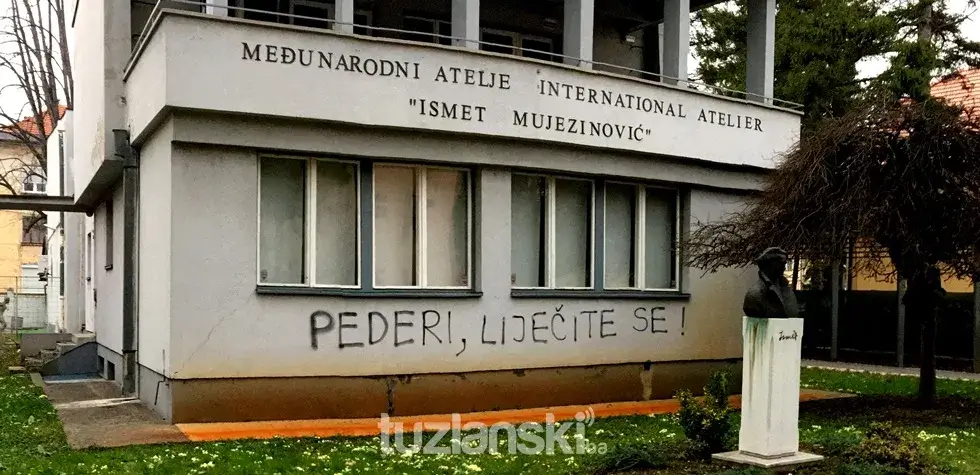
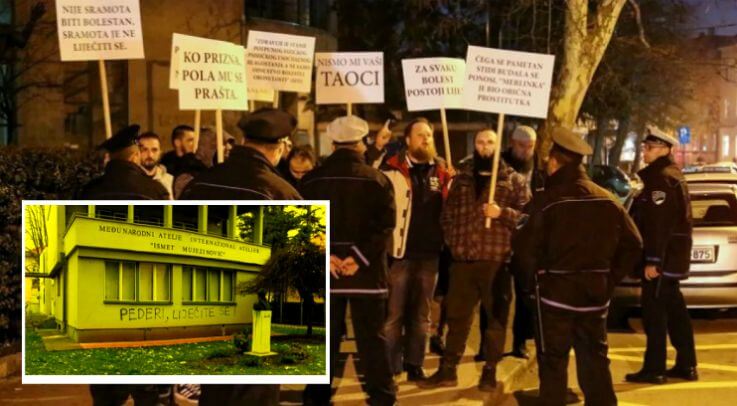
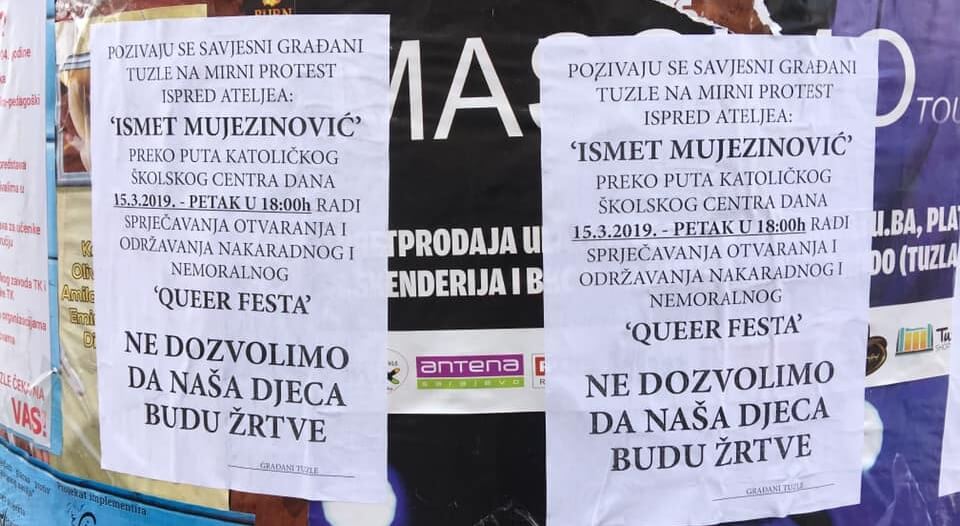
.JPG?width=100&height=75&mode=crop&anchor=topleft)
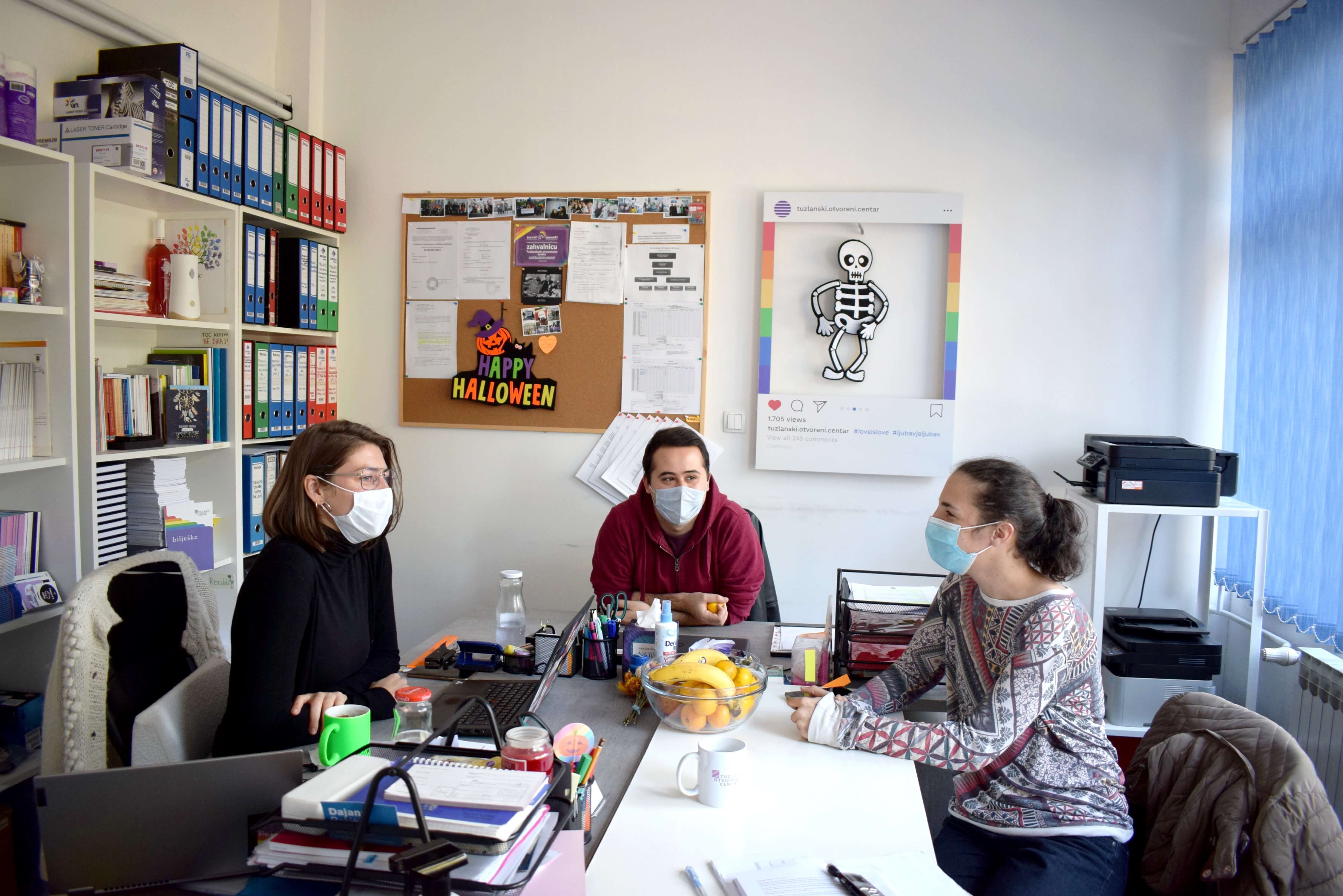
.jpg?width=100&height=75&mode=crop&anchor=topleft)
